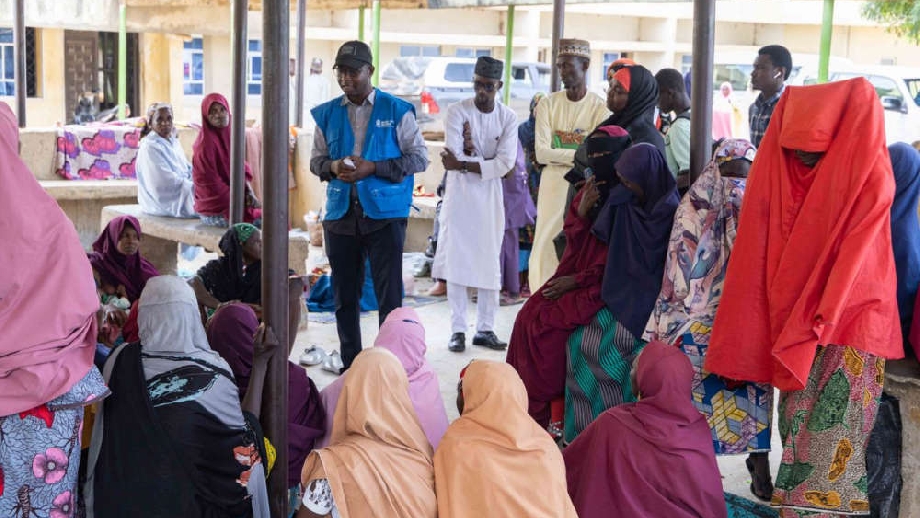
Women and adolescent girls face serious challenges in accessing sexual and reproductive health (SRH) services in rural communities in Kano State, especially in Rano Local Government Area.
Cultural norms discourage open conversations about child birth spacing. Long distances to health facilities, high transport costs, and fear of stigma or spousal disapproval make it even harder for women to seek care.
The result is high levels of unplanned pregnancies, unsafe abortions, and complications during childbirth.
A Mother’s Burden
On a quiet morning in Rano, 32-year-old Aishatu Adamu balances a metal bowl on her head as she makes her way home. Her youngest child clings to her wrapper while two others trail behind.
By her age, Aishatu is already a mother of five. She delivered her last child barely nine months after the previous one.
“I hardly sleep,” she admits, pausing to adjust the heavy bowl. “When one child is crying, the other is sick. I always feel tired, but people say spacing children is not for us.”
Aisha revealed that a few months ago, she wanted to visit the clinic to adopt child spacing but was discouraged by neighbours who warned her that contraceptives would “make a woman stop having children forever.”
The fear of her husband’s disapproval also kept her silent.
Another woman, Laure Hamza Rano, shared a similar story. Married at 18, Laure had hoped to finish her tailoring apprenticeship, but after four children in just seven years, her dreams slipped away.
“I wanted to learn a skill so I could support my family, but every time I plan to go back, another pregnancy comes.”
Her husband sees contraceptive use as un-Islamic, so “he told me it is against our religion and culture. I accepted it, even though I was suffering,” she said.
Nigeria’s Alarming Numbers
Aishatu and Laure’s experiences are not isolated. Nigeria remains the world’s most dangerous country to give birth in, according to 2023 UN estimates.
One in every 100 women dies during childbirth or shortly after. That means one woman dies every seven minutes.
In 2023 alone, Nigeria accounted for 29% of all maternal deaths worldwide - roughly 75,000 women in a single year.
At the same time, fertility rates remain among the highest in the world. The 2023/24 Nigeria Demographic and Health Survey (NDHS) reports a fertility rate of 4.8.
Kano State, with a population of over 16 million, reflects this crisis. Its total fertility rate is 6.8%, with about 1,000 births recorded daily. Maternal mortality stands at 1,047 deaths per 100,000 live births, while child mortality is 103 per 1,000 live births.
Worryingly, only about one-third of deliveries are attended by skilled birth attendants.
A Door-to-Door Solution
To address these challenges, a non-governmental organisation, MSI Nigeria Reproductive Choices, introduced the MS Ladies initiative in Kano, including Rano LGA.
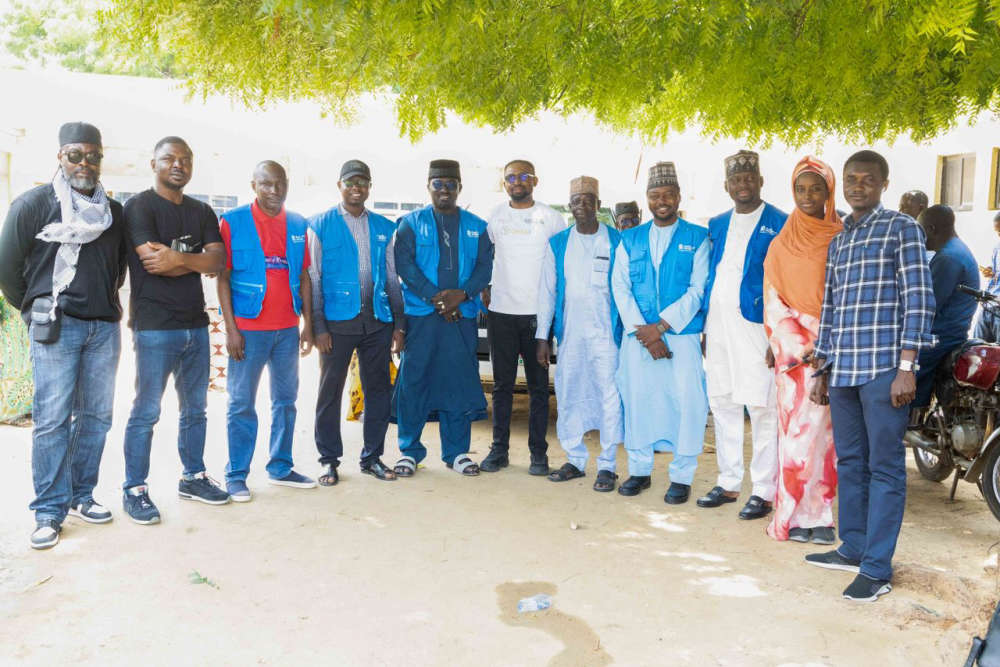
Team Nigeria Health Watch and MSI Nigeria Representatives
The model trains trusted local women, often qualified midwives, nurses, or community health extension workers, to deliver confidential and culturally sensitive SRH services directly to women in their homes, with the support of their husbands.
These “Marie Stopes Ladies” provide counselling, distribute contraceptives, make referrals to clinics, and create safe spaces for women and girls to discuss their reproductive health.
Ahmad Sani Ahmad, the MSI Nigeria Reproductive Choices Social and Behavioural Change Communication Officer, says, “100 MS Ladies have been trained and deployed across Kano, with two specifically covering Rano.”
All the MS Ladies are women, due to the sensitivity of the services they provide, Ahmad added. “In many rural communities, women feel more comfortable opening up to fellow women about personal health issues,” he says.
According to him, the team conducts "in-reach visits twice every month, going to remote communities in their catchment areas.”
He adds that “They reach at least 60 clients each time, mostly young women who live in restrictive environments or who are not using any contraception.”
Changing Lives, One Home at a Time
Barely a year into the program, results are evident. Local health facilities report more women visiting clinics with their partners, asking questions, and adopting long-term methods like implants and IUDs.
One of the MS Ladies, Hajiya Ado Rano, who also heads the Autan Bawo Clinic and Maternity in Rano, says, “Before, we saw only four to seven clients daily. Now, we see over 100.”
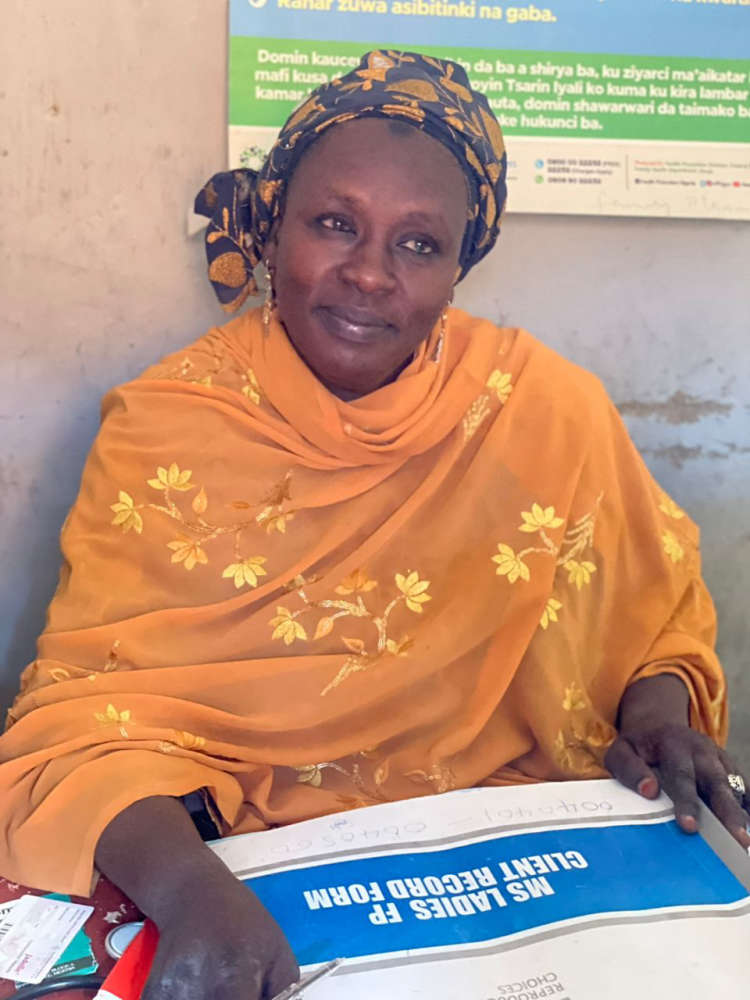
Hajiya Ado Rano, MS Lady
Hajiya Ado further says, “Women want IUDs, implants, and injections after counselling. They now know child spacing makes them healthier.”
Carrying a backpack, Hajiya and her team often charter tricycles to reach distant communities.
“We go door-to-door. Some women cannot leave their homes, so we bring the service to them,” she said.
Stories of Change
For Aishatu Adamu, who once feared that contraceptives would make her barren, her story has changed. After giving birth to her fifth child at Autan Bawo Clinic, she received counselling during a sensitisation program.
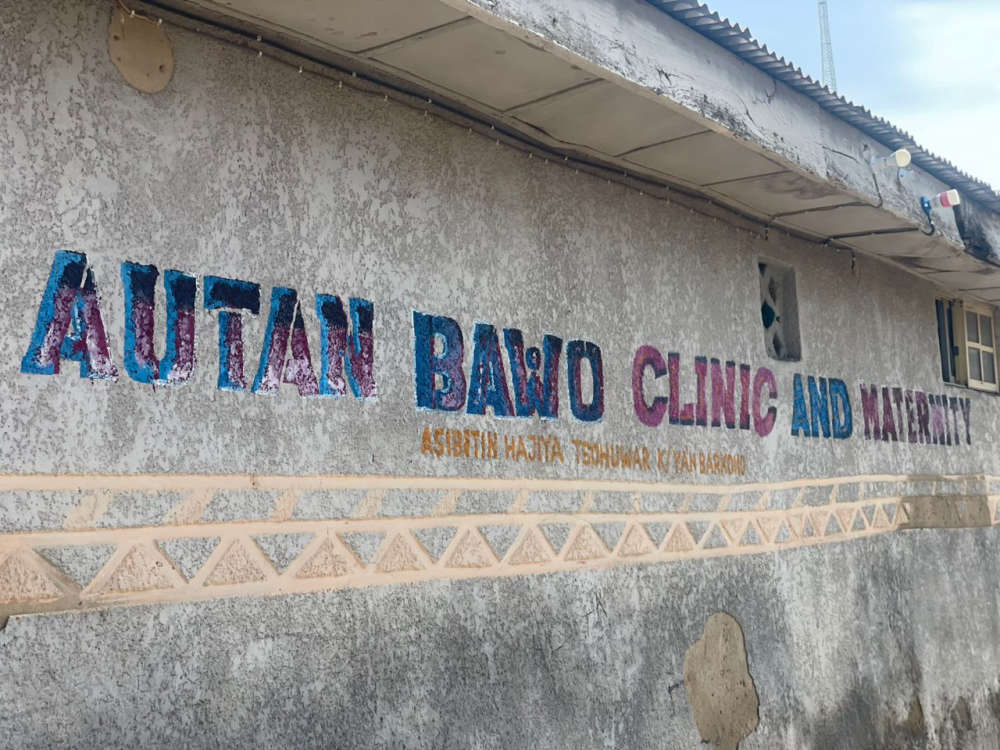
Autan Bawo Clinic
“They told me that child spacing will not stop me from giving birth again. It will make me and my children healthier,” she said.
With her husband’s support, she now uses an IUD. “Now, I have more time for my children. I want them to be educated, not just born without care,” she said with a smile.
Laure Hamza, once silenced by her husband, also embraced change. Through sensitisation, her husband realised that child spacing was not against religion.
“I am using an implant. I have peace of mind and time to start a small business,” she smiled.
Another woman, Khadija Muhammad, adopted the implant just days after giving birth to her second baby. “The nurse explained child spacing to me. When I told my husband, he even went with me to the clinic. He encouraged me to take the implant so we can care for them properly,” she said.
Voices of Support
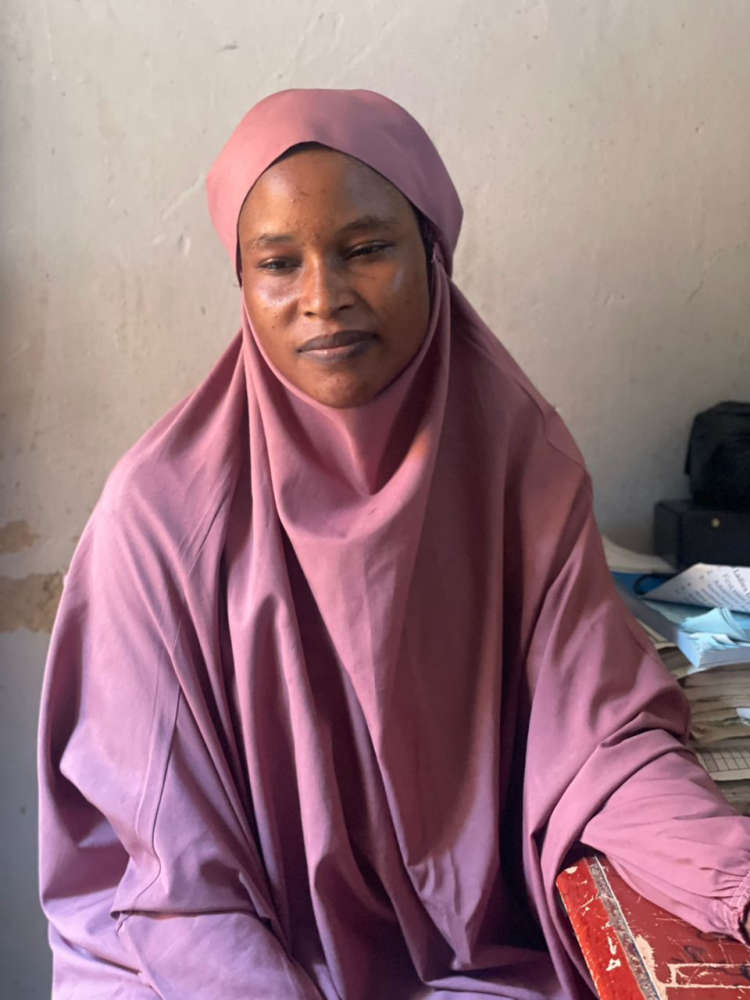
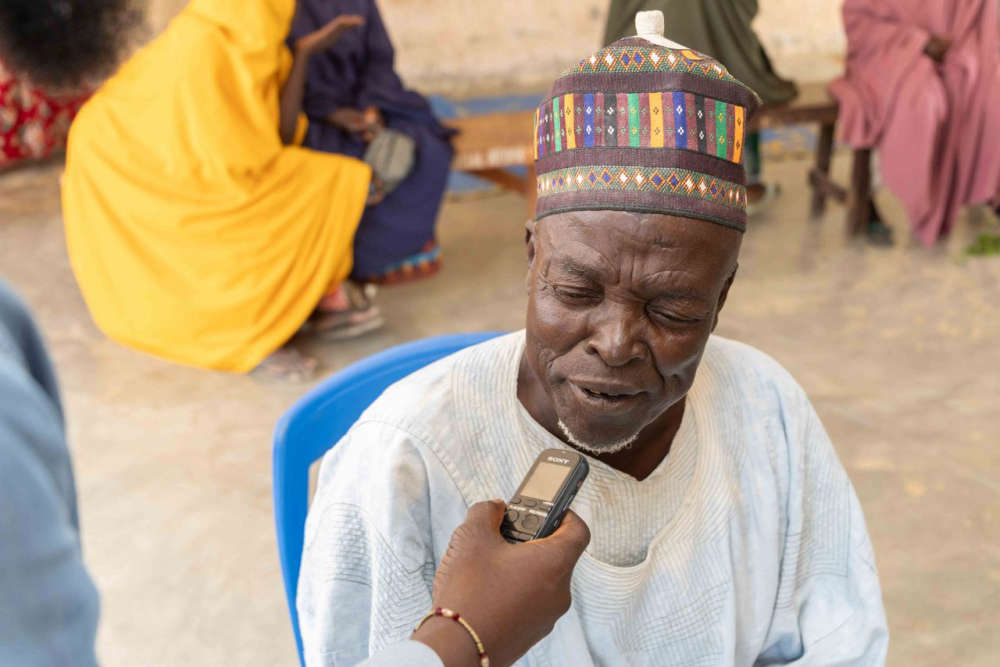
Khadija Muhammad, beneficiary Mallam Suleiman Ibrahim, Chief Imam of Kanyar Ute Juma’at Mosque in Wudil
Experts emphasise the benefits. Amina Zafar Abdullahi, a nurse at Wudil General Hospital, explained that “When women give birth too often, they risk death, and children suffer malnutrition.”
According to her, “Spacing births by two years saves lives.”
Also, Religious leaders are playing a role. Mallam Suleiman Ibrahim, Chief Imam of Kanyar Ute Juma’at Mosque in Wudil, says, “Child spacing is not about stopping childbirth. It is about protecting mothers and children.
The Chief Imam stressed that “Islam supports health and well-being.”
Also speaking, His Highness, the Emir of Rano, Alhaji Muhammad Isa Umar, praised the initiative: “Our people now understand. The palace works with imams and village heads to spread the message. Families see that spacing births brings stronger mothers and healthier children.”
Challenges Ahead
Despite progress, challenges remain. Only two MS Ladies currently serve Rano, a vast area with scattered settlements. Many women still miss services if they cannot afford transport to clinics.
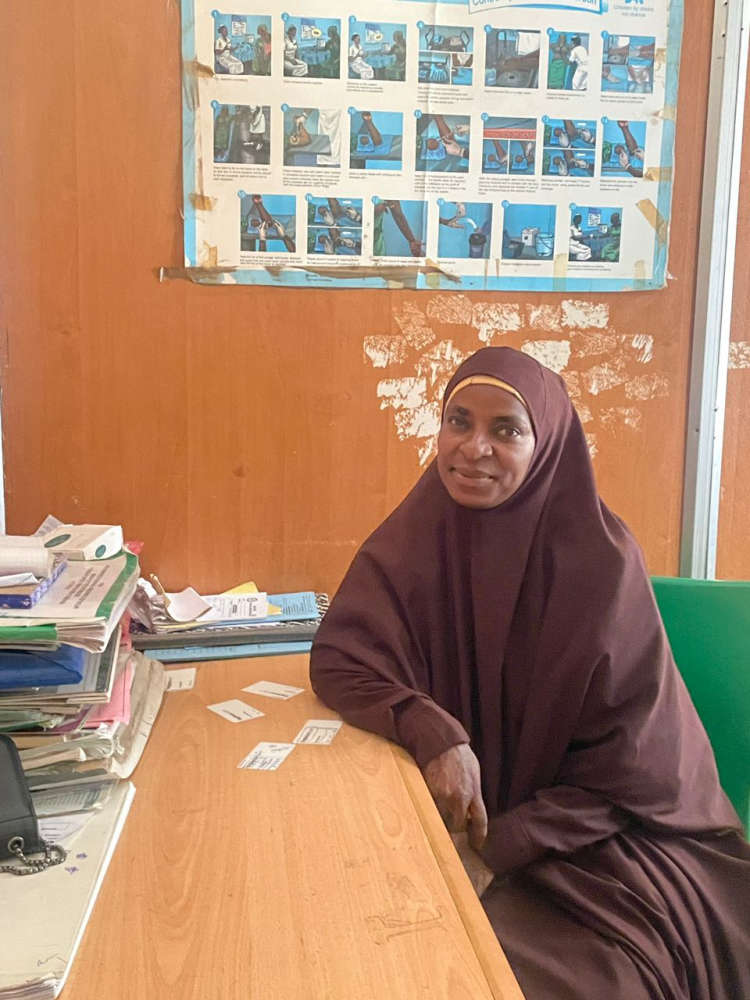
Amina Zafar Abdullahi, a nurse at Wudil General Hospital
Stockouts of contraceptives also limit access. “Sometimes women are ready, but the methods are not available,” Hajiya Ado admitted.
Also, cultural stigma persists, too. Some men still see child spacing as un-Islamic or fear it encourages promiscuity.
Government Action
To address these challenges, the Kano State Government, in 2024, launched a Family Planning Strategic Plan targeting 845,114 women between 2025 and 2030.
The government says the plan aims to raise contraceptive use, provide supplies to MS Ladies, and sustain services.”
It has also reframed family planning as “child birth spacing” to reduce cultural sensitivity and improve its modern contraceptive prevalence use, which is currently 13%.
Speaking more on the steps taken by the government, the Adolescent Health Focal Person at the Kano State Primary Healthcare Board, Zara’u Ibrahim, says, “Kano now has 756 facilities offering services, and over 500 CHEWs trained in implants and IUDs.”
Zara’u, who further said “Kano has 413 youth-friendly centres that provide reproductive services for young people,” said the state allocated N500 million for child birth spacing in 2025, with N50 million already disbursed.
On what Kano is doing differently, Zara’u says, “The state has domesticated procurement policies, so we can buy our own commodities instead of waiting for donors.”
A Healthier Future
For Rano, the sight of women like Aishatu, Laure, and Khadija finding relief through the MS Ladies shows that change is possible.
Though challenges remain, the initiative is breaking barriers - bringing healthcare closer, shifting mindsets, and giving women the power to plan their futures.
However, expanding the number of MS Ladies, ensuring steady supplies, and tackling cultural stigma will be key to sustaining the momentum.
As the Emir of Rano put it: “When families space children, mothers live longer, children grow stronger, and our community thrives.”
This story was supported by Nigeria Health Watch, in partnership with MSI Nigeria Reproductive Choices and the Family Planning News Network (FPNN), through the Solutions Journalism Network, a nonprofit organisation dedicated to rigorous and compelling reporting about responses to social problems.


